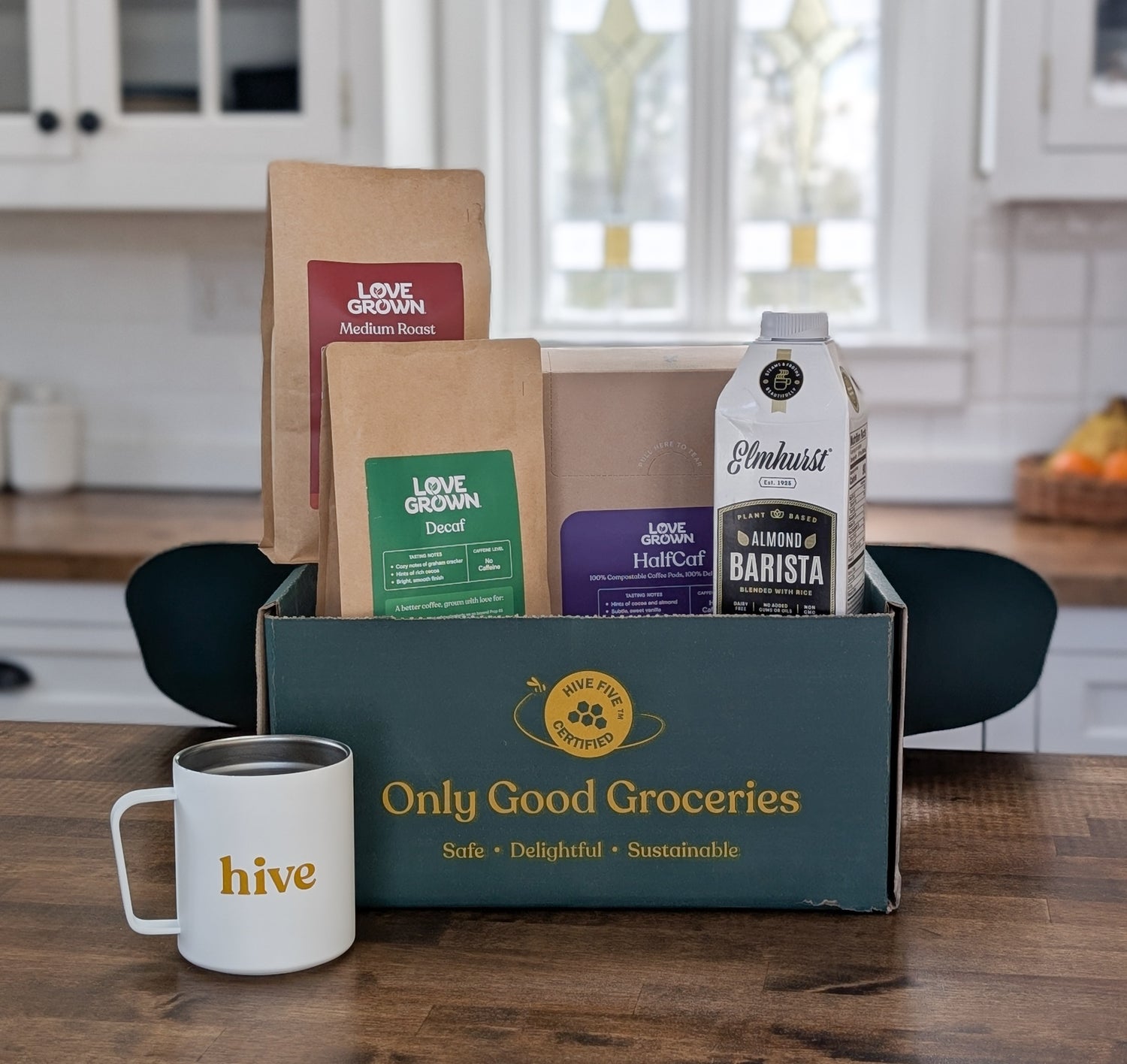In the United States alone, approximately 62.5 million tons of food are lost annually. That's the equivalent of 28% of agricultural land and accounts for roughly 8% of total greenhouse gas emissions. Put in other terms, that means 40% of all food grown and never eaten. Plus the environmental impacts are enormous. For example, if food waste were measured as a country, it would be the third worst greenhouse gas offender after the U.S. and China.
These statistics, while staggering, overlook billions of pounds of edible and nutritious food. Here's something to consider: 1 pound of apples that never makes it to the grocery store because of cosmetic imperfections is measured as food waste, as you might expect. However, 1 pound of barley malt that has had its sugars extracted to produce a single six-pack of beer (but retains high levels of nutrients) is not measured. Yet, over 330 gallons of water went into cultivating and processing that malt, compared with 100 gallons for the apple. Not to mention the other natural, human, and financial resources expended. By letting this grain go to was waste, are we not wasting food? This is where upcycled food comes in.
Saving food from becoming waste
Upcycling food uses ingredients that otherwise would not have gone to human consumption, are procured and produced using verifiable supply chains, and have a positive impact on the environment. This disrupts wasteful practices by crafting a new frontier of “better for you and the planet” food ingredients and products. Upcycled food has the potential to be present in every aisle of the grocery store, on every restaurant menu, and in the pantry of each home.
Where Candid and others comes in
Many chocolates come with added sugars, emulsifiers, and other weird ingredients. Candid strips all that away and uses the whole cacao pod instead. That means seed, fruit, and even the leftover pulp, which they mix back in for all its magnesium, vitamins, and antioxidants.
The fruit and vegetable pressing process also leaves behind juice. Enter Pulp Pantry chips.
And did you the greatest concentration of fruit nutrition is contained in the one part most often discarded—the peel. So RIND created peel-on dried fruit snacks to fight this.

The upcycled food universe is vast and growing
For example, other innovators are creating products from the fruits of coffee and cacao plants that are rich in antioxidants and beneficial compounds but usually discarded in the production process. Byproducts are unavoidable in food processing, but upcycling reimagines each instead as an opportunity.
Some other upcycled brands we love?
- Uglies, which crafts kettle-cooked potato chips from potatoes with minor cosmetic imperfections
- Bare Bones, a chef-founded brand that fights food waste by turning discarded bones from pasture-raised animals into nutritious broths and stocks.
- Renewal Mill, a women-led team sources ingredients from places in the food system where nutrition is lost. Utilizing byproducts of plant-based milk, they've created a line of gluten-free flours that are high in fiber and protein.
- Brewer's Crackers, which makes delicious chips and crackers from the byproducts from beer-making, namely spent grains.
For more from the wonderful world of upcycled foods, check out our full collection here.

